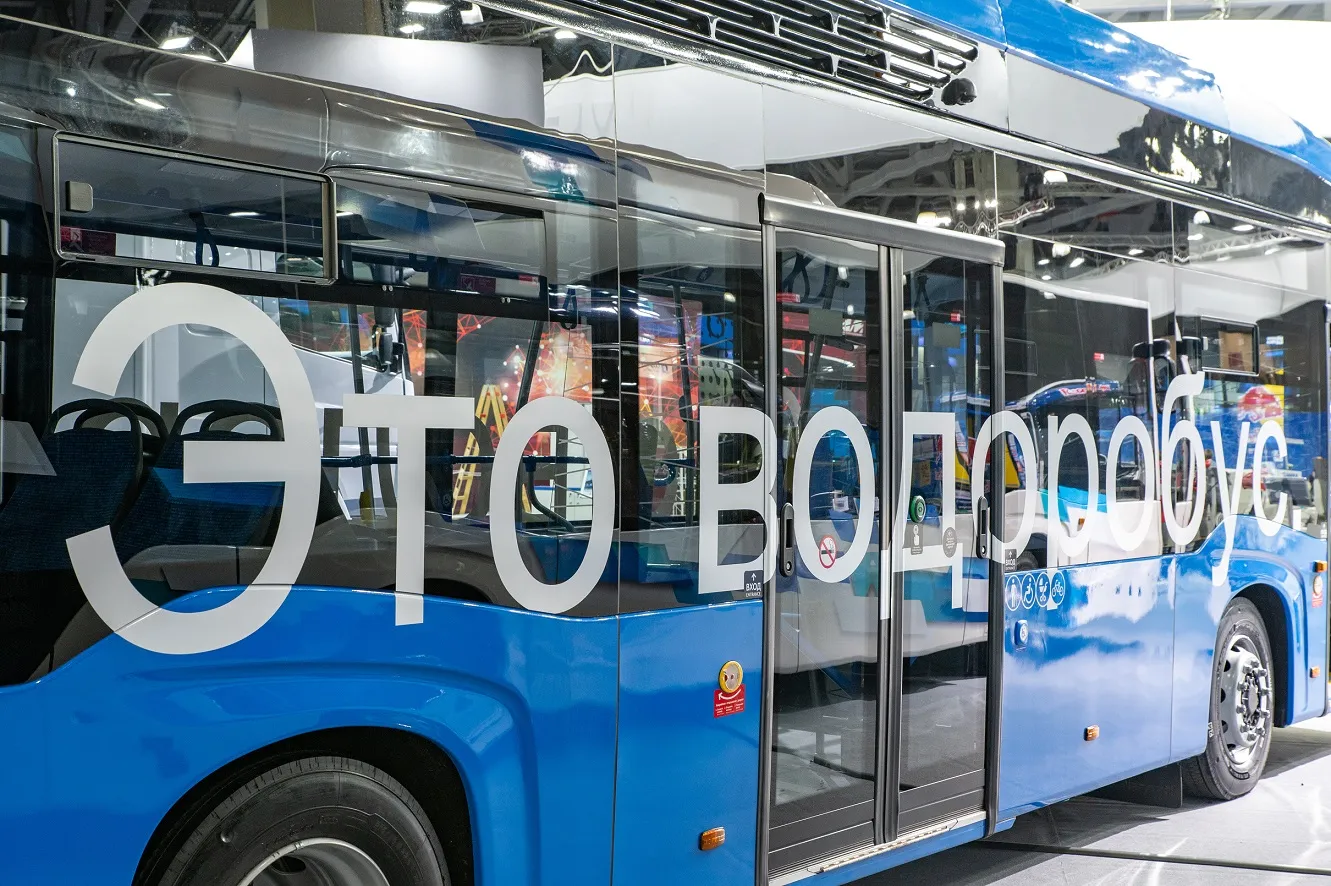New Zealand-based infrastructure investment company has announced a US$30m deal with US electric vehicle powertrain manufacturer Wrightspeed to supply its Route 500, which it intends to deploy on its public transport business through NZ Bus.
Wrightspeed's Route 500 range-extended powertrain is capable of powering vehicles weighing up to 36,000 pounds, in grades as steep as 40 per cent, and maintains an efficient drive, with an estimated 11.1 miles per gallon gasoline equivalent. The 80kW, fuel agnostic fulcrum turbine generator charges on-board batteries, which provide power to turn the wheels and give the buses unlimited range with refuelling. The company’s patented Geared Traction Drive (GTD) digitally drives each wheel of the vehicle, providing the slip control needed to manage New Zealand streets.
NZ Bus will receive its first Wrightspeed powertrains by mid-2016, and begin the process of fitting and testing immediately, with a view to having a first electric-powered bus on the road by the last quarter of this year.
Kevin Baker, Infratil executive and NZ Bus Chairman, said Infratil and NZ Bus were delighted to team up with Wrightspeed to bring innovation through electric powertrain technology to New Zealand. An electric public transport fleet would enable New Zealand to transition to a clean energy public transport system and play a significant role in decarbonisation and reducing noise pollution in New Zealand cities.
NZ Bus transitioning to electric powered vehicles
New Zealand-based infrastructure investment company has announced a US$30m deal with US electric vehicle powertrain manufacturer Wrightspeed to supply its Route 500, which it intends to deploy on its public transport business through NZ Bus. Wrightspeed's Route 500 range-extended powertrain is capable of powering vehicles weighing up to 36,000 pounds, in grades as steep as 40 per cent, and maintains an efficient drive, with an estimated 11.1 miles per gallon gasoline equivalent. The 80kW, fuel agnostic fulc
April 22, 2016
Read time: 2 mins







